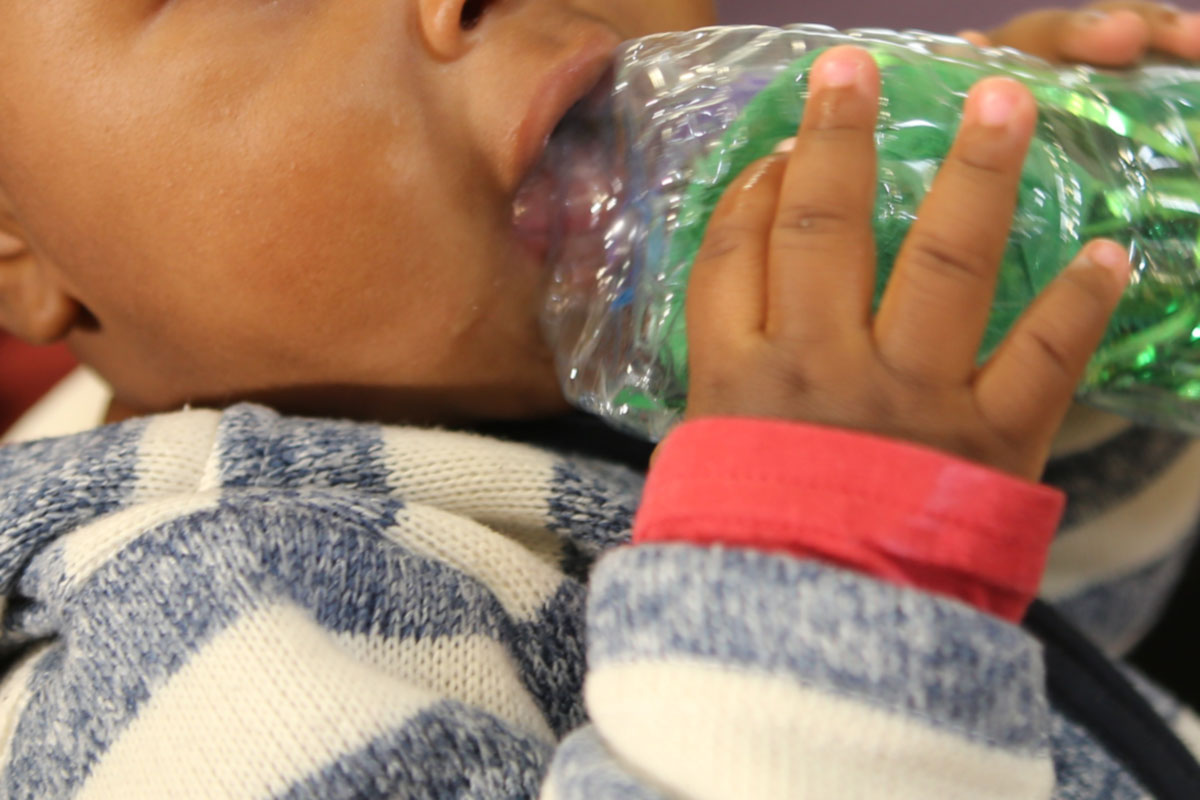Abi Hackett
What do we mean when we talk about child development? We can think about a process of growth. An ideal trajectory. Milestones are often important parts of this imaginary; they connect time spans to behaviours. This accumulation of behaviours is assumed to be hierarchical and additive. However, viewing toddlers predominantly as ‘developing’ risks denying the complexity and variety of young children’s lives.
It is important to name and examine ‘development’ in this way because it shapes how we view, write about, work with and support children and families. It informs what we consider as ‘optimal’ for them, and is the rationale behind how resources are made available. In this sense, ‘child development’ constructs social expectations.
What is measured, matters. “Good development” often focusses on certain things and ignores others. This process, if left unexamined and unquestioned, can erase valuable and rich practices and aspects of ‘toddler’ (those that are not measured and focussed on). This is how the lens of development can come to exclude or marginalise many communities, particularly multilingual and diverse families. Developmental theories were evolved originally with white, middle-class, western children in mind. As a result, working-class and racialised families or those with disabled or neurodiverse children, are more likely to be viewed as inadequate or in need of fixing.
